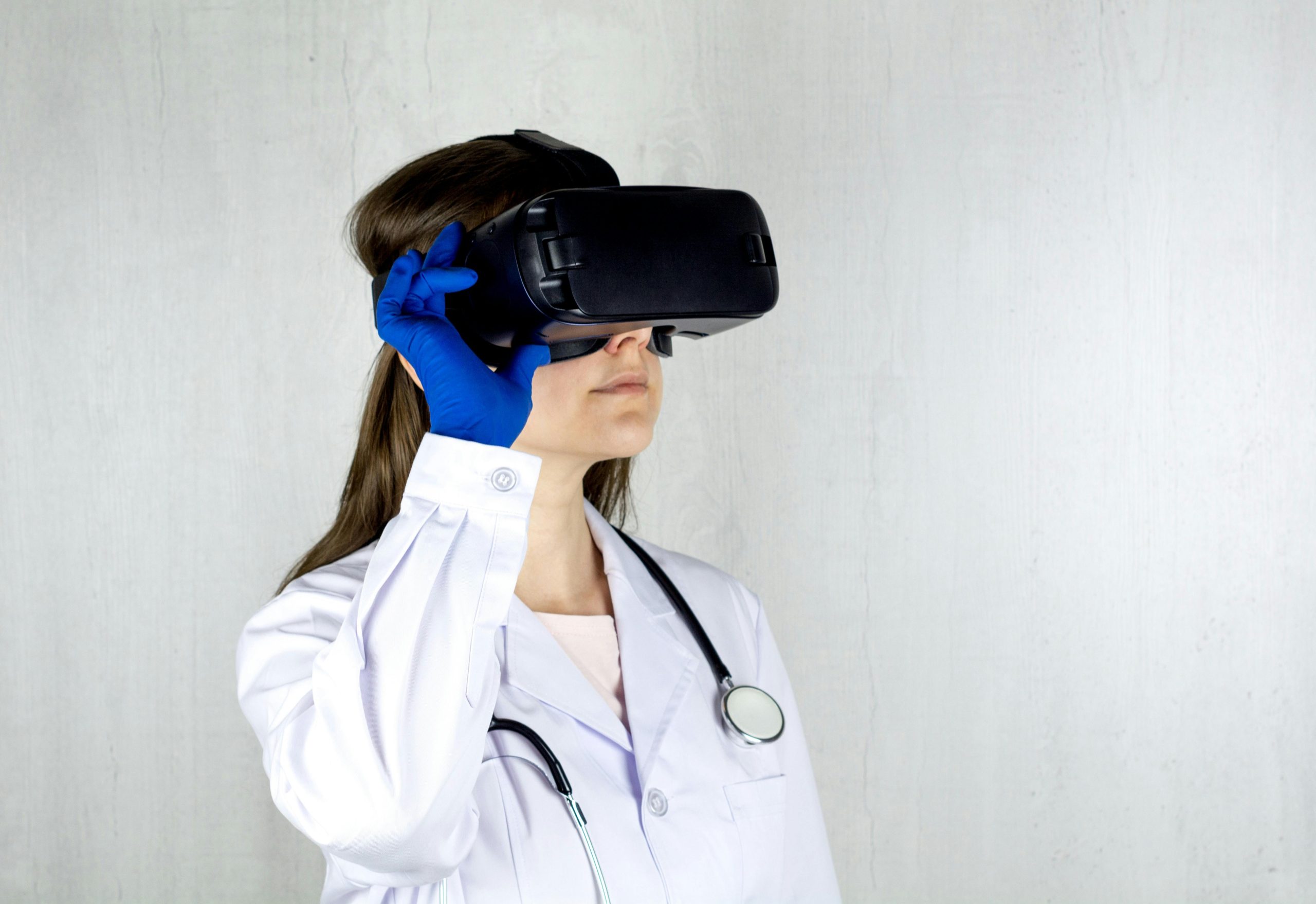Imagine a future where diagnoses are faster, treatments are more precise, and healthcare is more accessible.
This future is closer than we think, thanks to the rapid advancements in artificial intelligence (AI).
Here are 10 key facts demonstrating AI’s transformative power in healthcare, improving patient outcomes and revolutionizing the industry.
We’ll also examine ethical concerns and the progress being made in the Philippines.
1. Faster Diagnoses: AI algorithms can analyze medical images (X-rays, CT scans) significantly faster than humans, leading to quicker diagnosis of conditions like cancer and heart disease.
This speed advantage is crucial in time-sensitive situations, allowing for earlier interventions and potentially better patient outcomes.
2. Improved Accuracy: AI’s ability to process vast amounts of data improves diagnostic accuracy, reducing the risk of misdiagnosis and improving patient outcomes.
By identifying subtle patterns humans might miss, AI helps ensure more reliable diagnoses, leading to more effective treatment plans.
3. Personalized Medicine: AI tailors treatments to individual patients based on their genetic makeup, lifestyle, and medical history, leading to more effective therapies.
This approach moves away from a “one-size-fits-all” approach to medicine, offering treatments optimized for each patient’s unique characteristics.
4. Drug Discovery Acceleration: AI accelerates the drug discovery process by identifying potential drug candidates and predicting their efficacy, reducing the time and cost involved.
This significantly reduces the time it takes to bring new drugs to market, potentially saving lives and improving healthcare access.
5. Robotic Surgery Assistance: AI-powered robots assist surgeons during complex procedures, enhancing precision and minimizing invasiveness.
These robots offer greater dexterity and precision than human hands, leading to smaller incisions, less trauma, and faster recovery times.
6. Virtual Assistants for Patients: AI-powered chatbots and virtual assistants provide patients with 24/7 access to medical information and support.
This improves patient engagement and allows for immediate access to information and support, reducing wait times and improving patient satisfaction.
7. Predictive Analytics for Disease Outbreaks: AI algorithms can analyze data to predict and prevent disease outbreaks, enabling proactive public health interventions.
By identifying patterns and trends in disease spread, AI helps public health officials prepare and respond more effectively to outbreaks.
8. Mental Health Support: AI-powered apps and platforms offer mental health support through personalized interventions and monitoring.
These tools provide accessible and convenient mental health support, particularly beneficial for individuals who may not have easy access to traditional therapy.
9. Remote Patient Monitoring: Wearable sensors and AI algorithms monitor patients’ vital signs remotely, alerting healthcare providers to potential problems.
This allows for continuous monitoring of patients’ health, enabling early detection of issues and timely interventions, even for those in remote areas.
10. Administrative Efficiency: AI streamlines administrative tasks in healthcare, such as appointment scheduling and billing, freeing up staff for patient care.
Automating these tasks reduces administrative burdens, freeing up valuable time and resources for healthcare professionals to focus on direct patient care.
Ethical Considerations
The use of AI in healthcare raises important ethical questions regarding data privacy, algorithmic bias, and the potential displacement of healthcare professionals.
Careful consideration of these issues is crucial to ensure responsible and equitable implementation of AI technologies.
Philippine Adoption of AI in Healthcare
The Philippines is actively embracing AI in healthcare, with several initiatives underway:
AI-powered chatbots
The Philippine General Hospital (PGH) has implemented an AI-powered chatbot to answer patient queries and provide information about COVID-19, reducing workload for healthcare professionals.
Predictive models
AI is being used to develop models that identify patients at high risk for chronic diseases like diabetes and hypertension, enabling targeted interventions.
Medical diagnosis
Startups like Aide are using AI to analyze patient data and provide personalized healthcare recommendations.
Personalized treatment plans
AI algorithms are being used to develop personalized treatment plans based on individual patient data.
Medical image analysis
AI is being used to analyze medical images like X-rays and CT scans to identify potential health issues, aiding in diagnosis and treatment planning.
Remote patient monitoring (RPM)
RPM technologies are being implemented to bridge the gap between traditional healthcare settings and patient needs, particularly during emergencies and in remote areas.
AI-enabled X-ray platform
Filipino startup Advanced Abilities launched SmartScan, an AI-powered platform that can detect up to 25 chest pathologies within two minutes, aiding in the rapid diagnosis of conditions like COVID-19, pneumonia, and lung cancer.
The Philippines is actively exploring and implementing AI solutions to address healthcare challenges, particularly in areas like diagnosis, treatment, and patient monitoring.
However, challenges remain regarding infrastructure, resources, and expertise, requiring continued investment and development to fully realize the potential of AI in improving healthcare outcomes for Filipinos.
DISCLAIMER
This article provides general information and does not constitute medical advice. Consult your healthcare provider for personalized recommendations. If symptoms persist, consult your doctor.
Photo by Michael Berdyugin on Pexels







